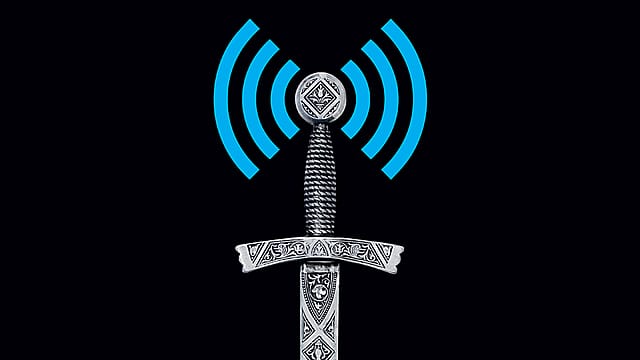AGR verdict weighs on bank stocks
ADVERTISEMENT

The Supreme Court resolved on Thursday a long-pending case between India’s telecom companies and the government, ruling in favour of the latter.
The case pertained to the definition of adjusted gross revenue (AGR), the metric which the Department of Telecom uses to work out levies on telcos. DoT defines AGR as revenue that telcos make excepting termination fee and roaming charges—which the latter had contested.
Telecommunication companies will now have to pay the government ₹92,000 crore in delayed payments including penalties and interest on overdue payments. This amount is besides the ₹41,000 crore the industry owes the government on spectrum usage charges for which the government had allowed a concession earlier this month as telecom companies are debt-ridden.
A fall out of the Supreme Court decision is that it will weigh heavily on banks which can expect additional stress from telecom companies which are highly indebted. According to Reserve Bank of India data, collective exposure of banks to the telecom sector stands at ₹1,09,761 crore as on August 2019 and has increased 20% in the last two years. The exposure the public sector giant State Bank of India’s (SBI) exposure alone rose 85% in the last year alone to ₹37,300 crore.
Following the announcement of the court decision, stocks of Vodafone Idea fell 23% to an all-time low as it together with Airtel owned 50% of the ₹92,000 crore. Stock of its competitors Airtel and Reliance, which operates Jio, increased 3% each as the market felt that an eventual duopoly will raise the fortunes of the two companies. Prices of banking stocks fell with SBI losing 5%, Union Bank 4% and Bank of Baroda 3%. Private-sector banks like Axis Bank, HDFC Bank, and Yes Bank, too, have exposure to the sector.
Among the companies that now owe additional monies to the government are companies like Aircel and Reliance Communications, which no longer exist in business. The bank may have to write off at least ₹25,000 crore due from these companies. Tata Teleservices owes ₹12,907 crore in back charges.
Analysts say the most-troubled company after the court decision is Vodafone Idea, which owes the government ₹39,000 crore in licence fees and spectrum usage charges. Since the arrival of Jio and the merger of Vodafone and Idea, the combine has been performing poorly. In recent times, it has been losing customers to competitors like Jio and it makes losses of nearly ₹5,000 crore a quarter and has a debt of ₹1,00,000 crore sitting in its books. Though it has a cash balance of about ₹20,000 crore in its books, analysts expect the cash to evaporate in the next four quarters as the payments become due. Says an analyst with a foreign broking house: “If Vodafone Idea collapses, banks will be forced to take a big hit.”
India Ratings and Research in its August 2019 report maintained a negative outlook for the telecommunications services sector for the remainder of FY20. The credit profiles of telcos will remain under pressure in the medium term due to intense competition, elevated debt levels, and continued reliance on capital infusion for debt servicing and capital expenditure.
The aggregate gross debt of Vodafone Idea, Airtel (India business), and Jio at FY19-end stood at ₹3.9 trillion, implying gross leverage of over 8x for the sector. Their liquidity profiles are structurally weak as free cash flows are likely to remain negative over FY20-FY22 due to high capex intensity ( ₹1.2 trillion in FY19). To meet the increased obligations, telecom companies will now be forced to raise additional capital or debt to keep their business going.
Though banks haven’t yet commented on the impact of the court order, Bharti Airtel said in a statement that it was disappointed by the verdict. “This decision has come at a time when the sector is facing severe financial stress and may further weaken the viability of the sector as a whole.” Vodafone Idea said its legal teams were examining the order and would take any possible action in due course, including filing a review of the order.